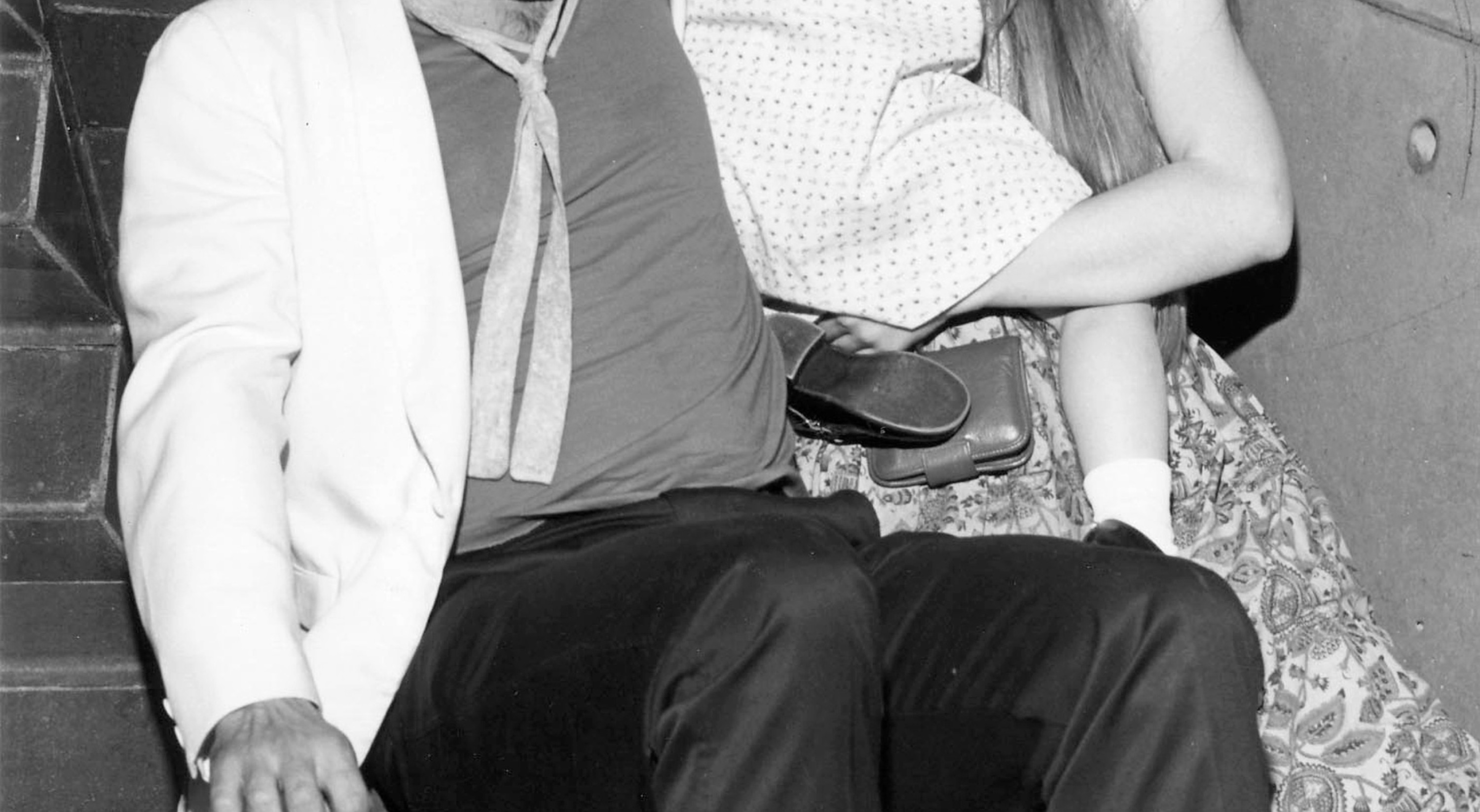Claude Vivier
novembernov 18
Claude Vivier:
Shiraz for piano; Journal for four solo voices, choir and percussion
Libretto by Claude Vivier, with excerpts from Lewis Carroll, Novalis, and Catholic liturgy. Four sections: Childhood, Love, Death, After Death.
Caroline Cren, piano*
Maxime Echardour, percussion*
Les Cris de Paris
Geoffroy Jourdain, conductor
(*members of the Ensemble L’Instant Donné)
Production, Festival d’Automne à Paris
Coproduction, Les Cris de Paris
Collaboration: Théâtre de la Ville-Paris, Festival d’Automne à Paris
With support from the Canadian Cultural Center in Paris
Partnership with France Musique
Kopernikus by Claude Vivier, directed by Peter Sellars
Film by David Daurier
Production: Gingerlemon
Coproduction: Festival d’Automne à Paris
The program features two works by Claude Vivier: Shiraz for piano, one of his most famous compositions, and Journal, rarely performed in concert yet offering a quintessential expression of the composer’s poetics where dreams and life intermingle. “I have always been aware of a presence wanting me to write this music.”
After returning from Bali and Thailand, Claude Vivier went to Iran in 1977, and there, in Shiraz, was fascinated by the gardens and the marble tomb of the poet, philosopher and mystic Hafez, and the tomb of the poet Saadi, as well as being greatly impressed by two blind singers on the market place, listening to them for hours. A few months after he went back to Canada, he wrote Shiraz, a virtuoso score for piano, requiring brilliance to negotiate the sharp angles, "the rough cut diamond" which was the composer’s vision of the city in southern Iran, near Persepolis.
In the same year he wrote Journal (originally “Journal [log or diary] of travels in the East.” These travels proved to be a journey of initiation, taking on a poetic dimension. Yet the East eventually faded, and the journey became life’s journey, from childhood with songs and nursery rhymes, the mother figure and a desperate quest, and the fear of the dark, but also with those who helped relieve the torment (Merlin the Magician, Mr. Pickwick, Pinocchio, and Frère Jacques); then love, insatiable love, the discovery and recollection of love, and sex with the “marvelous prow,” and death, the carillon and the spiritualist sentiment emanating from Mayakovsky who had chosen suicide, before next crossing a melody of light leading to awareness, then beyond, towards more subtle spheres of the universe.
––––––
Duration (concert): 1 hour
Duration (screening) Kopernikus: 1 hour 35 minutes
More information on Kopernikus Here
Reservation for screening Kopernikus Here
